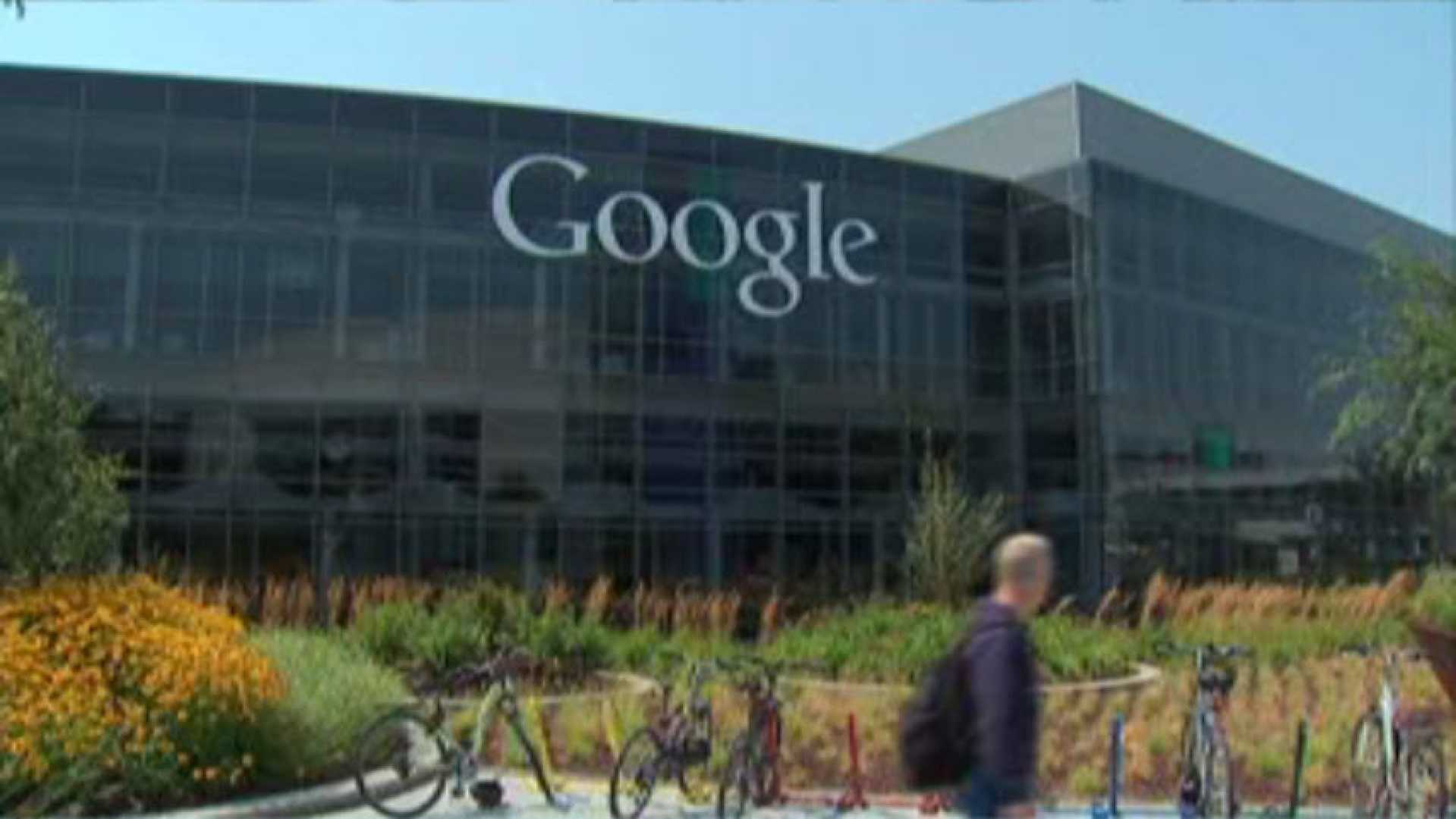News
California Cuts $20 Million from Local News Funding Deal with Google

SACRAMENTO, California — Governor Gavin Newsom has reduced California’s commitment to a $125 million deal with Google aimed at supporting local journalism by two-thirds, cutting the first-year payment from $30 million to $10 million.
The deal, announced last August, was designed to bolster struggling local news outlets over five years. In exchange, lawmakers had dropped two proposed bills that would have mandated tech companies to compensate news publishers for using their content. The recent budget revision is part of efforts to address a projected $12 billion deficit for the 2025-2026 fiscal year.
State finance officials characterize the reduction as purely budgetary. However, journalism advocates are expressing outrage. “It was already too small, and they’ve walked in the wrong direction from it,” said Steven Waldman, president of Rebuild Local News. “Misinformation is flooding into the vacuum left by the collapse of local news. Time is of the essence.”
This change raises questions about Google’s commitment, as the tech giant has yet to make a $15 million initial payment despite previously pledging to match state contributions. Waldman remarked that without a formal agreement or timeline, Google lacks accountability if the state falls short in funding.
Complicating the situation further, the University of California, Berkeley, declined the role of fund administrator, leaving the program with no oversight or clear direction moving forward. Both Google and Newsom’s office have refrained from commenting on the matter.
The funding deal faced controversy but was viewed as a compromise following heavy lobbying. Google reportedly spent nearly $11 million opposing the original legislation—90 times its typical quarterly spending in Sacramento.
Former Senator Steve Glazer, who authored one of the abandoned bills, cautioned that the funding cut provides Google the justification to reduce its contributions. “They insisted on a state match so it wouldn’t set a precedent for other states,” Glazer said. “Now they have an excuse to back off.”
The funding reduction occurs amidst a growing crisis within California’s news industry, which has lost one-third of its newspapers since 2005. Experts believe this decline exacerbates polarization and undermines democracy.












